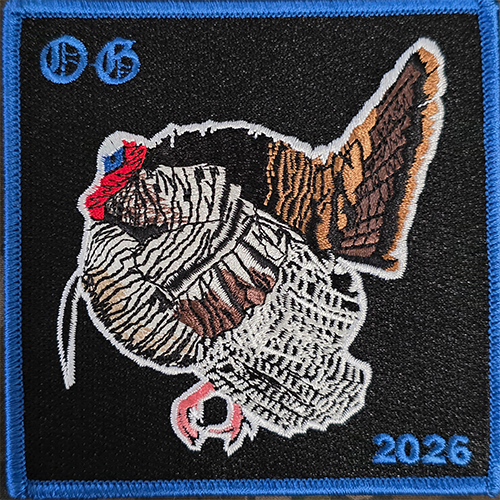        |
How long is a tureky's memory?Started by Marc, March 20, 2016, 04:33:10 PM Previous topic - Next topic
User actions
|
        |
How long is a tureky's memory?Started by Marc, March 20, 2016, 04:33:10 PM Previous topic - Next topic
User actions
|